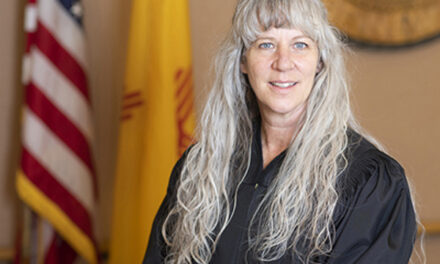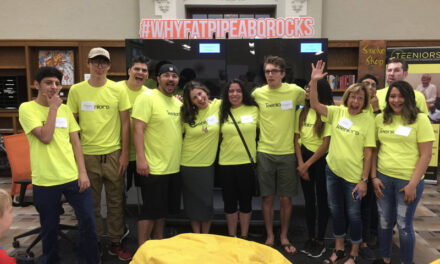
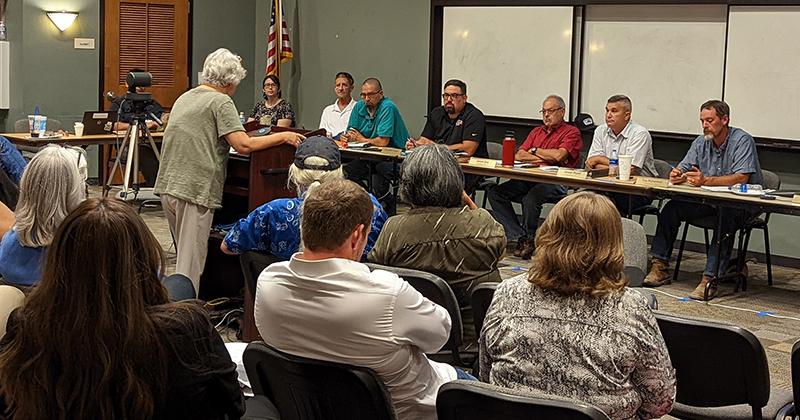
Julia M. Dendinger | News-Bulletin Photo
Local governing bodies hear a variety of issues ranging from controversial zone changes, such as the recent request for a Natural Resource Overlay Zone in the county, to day to day business, like approving expenditure reports.
There are boards, commissions and councils. They handle everything from roads to textbooks to water. They collect taxes, make laws and regulations, and ultimately, provide services to the community. They are local governments.
Not counting the state and federal levels, there are a total of 12 government agencies in Valencia County.
That may seem like a lot of government, and whether it’s truly necessary is an ancient discussion which speaks to the heart of a lot of the questions political philosophers ask themselves, says Anthony Squiers, a political science instructor at the University of New Mexico-Valencia campus.
“There are schools of thought that actually argue government is the problem,” Squires said. “That it creates structures of oppression and inequality, and we only act egotistically, aggressively, because we are forced by the structures around us.”
On the flip side, government and its structures help keep things in order, giving society ways to mitigate conflict and keep behavior within certain bounds.
“Instead of everything being an argument about how things should be so we don’t go to war, we have some way of deciding the question with agreed upon channels of how to resolve the conflict,” Squiers said. “Government does provide a common good, things we all use, like roads, which is hard to do without a centralized mechanism.”
Rosalyn Wisneski, who teaches regular and advanced placement government at Belen High School, said the discussion of “what if there was no government” is one she takes up in her classes.
“We talk about force theory, that if there was truly anarchy, someone would rise up and use the limited resources to manipulate others,” Wisneski said. “Government is formed by the people.”
Force theory is the process of establishing a new government or country through the use of force. This process involves one group of people entering into an area and making everyone else within that territory submit to the new government and social system.
With a government formed by the people, why are there so many governing bodies?
In theory, there doesn’t necessarily have to be, Squiers said, but in the United States, people like to see a healthy distribution of power throughout the federal, state and local levels.
“Another argument is that when you divide up government levels you actually get closer to the people, more responsive to the people,” he said. “You also have a knowledge issue.”
Just like a city council wouldn’t know which textbooks students need, President Joe Biden would be hard pressed to understand which roads in Valencia County need to be fixed.
When Wisneski begins her government class, she starts with the purpose of government, talking about how elected officials structure government through policy with the ultimate result of ensuring things like residents’ physical safety and the protection of their rights.
“We talk a lot about John Lock and Thomas Hobbes and the social contract,” she said. “Government is accountable to the people, maybe not through revolution, but through our vote. We give our permission to those seeking positions of power.”
Effecting change through your vote is a slow process, she said, but that’s on purpose.
“We don’t want erratic change,” Wisneski said.
While many of her students aren’t old enough to vote, she works to help them understand what’s at stake when it comes to electing leaders.
“Our elected officials do work for us and we need to voice what we want from them,” she said. “If you are listening to a candidate and they stand for nothing you believe in and you vote for them, why would you do that?
“Be mindful of who is running. Pay attention to their proposed policies and how they will be implementing those.”
Wisneski also helps her students understand government through the “power of the purse.” Pretty much every piece of legislation, every policy, is going to cost money in some way.
Where will that money come from? Will the governing body raise taxes to generate more revenue? Or will it use existing funds by cutting one area to increase spending elsewhere?
“Every bill proposed is connected to money. Everything the government does has to be funded in some way through taxpayer dollars,” she noted. “That’s not a judgment on whether something should be funded. It can be something we collectively agree on but it still has to be paid for.”
Both Squiers and Wisneski said community members participating in and with their government is the key to accountability and functionality.
“Why be involved? One thing you could argue is participation is something that would minimize resolution of disputes through violence. But really what you’re asking is ‘Why is democracy good?’” Squiers said. “Democratic systems have a little more stability, are more equitable, more equal and tend to be, at least internally, more peaceful.”
Overall, people’s consumption of political information — meaning broadly understanding government structure, knowledge of political events, knowing who holds office — is low, he said, and more so at the local level.
While there is a great deal of awareness of presidential races and politicians at the federal level, often local government is off the radar for many.
“It’s an awareness thing. There’s more out there being discussed, there’s a lot of chatter on (national) news and people are talking about it at work,” he said.
Elections that don’t correspond with federal races often don’t get the same kind of attention, he said.
In New Mexico, there are elections every November — in even-numbered years there are local partisan races, where candidates run under a specific party affiliation, and in odd-numbered years, local nonpartisan races for city council seats, boards of education and other agencies are held.
Political participation can happen a number of ways, Squiers said, with voting being the most obvious, but there’s also donating to candidates, volunteering for campaigns, attending public debates and even just having discussions on social media.
Wisneski said it’s frustrating to hear students say they don’t care about politics or government, that it doesn’t matter.
“It’s everything that affects your day-to-day structures. We get caught up in the presidential election, but local government is so important,” she said. “Graduation requirements, speed limits, driving requirements — that’s all decided at the local level.
“People need to start paying attention. You don’t have to run for office or even vote in every election. It’s a challenge to inspire (students) and get them interested in the subject.”
Being literate in civics is extremely important because it helps people in a community make an impact, Squiers said.
“When you have a civics education, it increases what political scientists call ‘political efficacy.’ The sense of being able to make an impact, a political impact,” the instructor said. “We know when people have a higher sense of political efficacy they feel more empowered and participate more.
“Change only happens through action. This is one reason we teach civics and political science. It empowers people to participate in the political process,” he said. “This is one of the many fantastic services that UNM-Valencia provides — civics and political science at the local level to make it accessible.”
While people tend to put a lot of emphasis on the power of the president — who, for one person, does have an immense amount of power — what happens at the local and state level tends to impact the daily lives of people more, Squiers said.
“Once in a while, something happens that impacts me personally, like forgiving student loans,” he said. “But the pothole at the corner I hit every single day?”
Whatever you may think of it, how boring you might find it, Wisneski emphasized that government matters and affects you.
“You are truly ignorant if you think it doesn’t,” she said.

Regular Local Public Meetings
Belen City Council
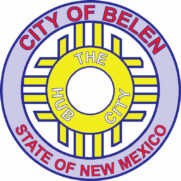
Belen City Hall
100 S. Main St., Belen
505-966-2730
belen-nm.gov
Los Lunas Village Council
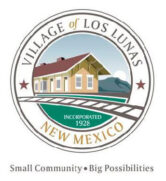
Los Lunas Village Hall
660 Main St., Los Lunas
505-839-3840
Bosque Farms Village Council
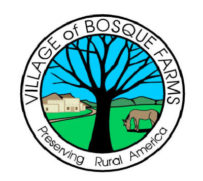
Bosque Farms Village Hall
1455 West Bosque Loop, Bosque Farms
505-869-2357
Peralta Town Council
Rio Communities City Council
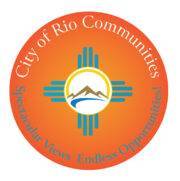
Rio Communities City Hall
360 Rio Communities Blvd.
505-861-6803
Valencia County Commission
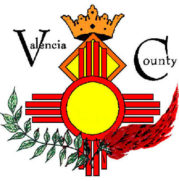
County Administration Building
444 Luna Ave., Los Lunas
505-866-2001
Belen Board of Education

BCS Main Office
520 North Main St., Belen
505-966-1003
Los Lunas Board of Education
School of Dreams Academy Governing Council

SODA Campus
906 Juan Perea Rd., Los Lunas
505-866-7632
University of New Mexico-Valencia Advisory Board
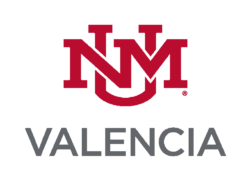
UNM-Valencia campus
280 La Entrada Rd., Tomé
505-925-8557
Valencia Soil and Water Conservation District Board of Supervisors
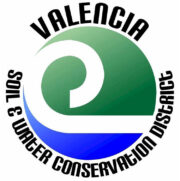
Whitfield Wildlife Education Center
2424 N.M. 47, Belen
505-864-8914
Middle Rio Grande Conservancy District
Click the advertisement above for more information
Julia M. Dendinger began working at the VCNB in 2006. She covers Valencia County government, Belen Consolidated Schools and the village of Bosque Farms. She is a member of the Society of Professional Journalists Rio Grande chapter’s board of directors.
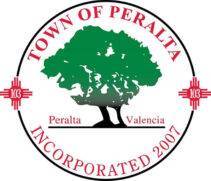 6 p.m., fourth Tuesday
6 p.m., fourth Tuesday 6 p.m., first and third Tuesday
6 p.m., first and third Tuesday

